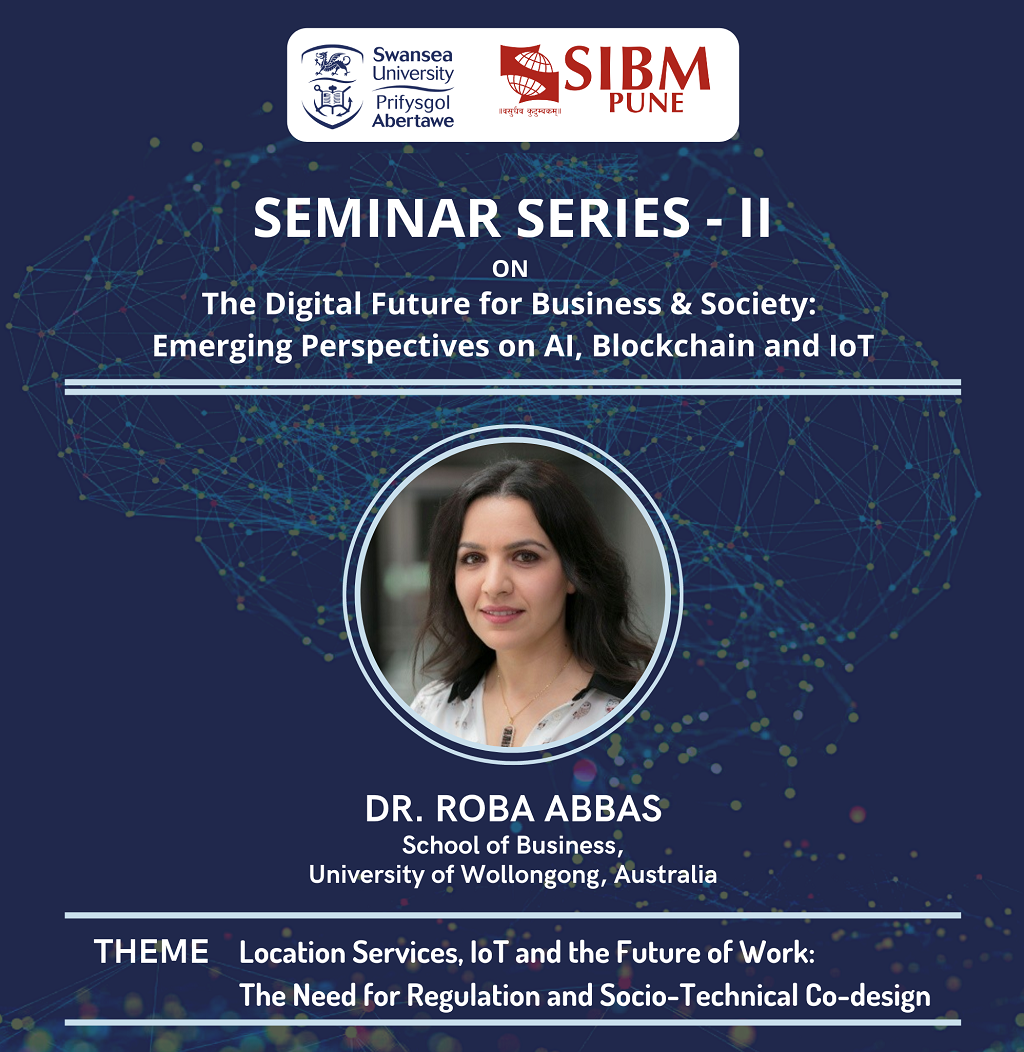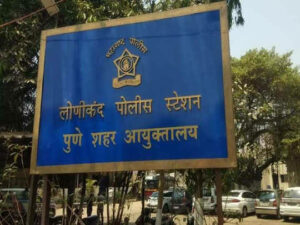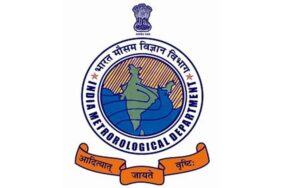Seminar at SIBM Pune – Location Services, IoT and the Future of Work: The Need for Regulation and Socio-Technical Co-design

Pune, 17th November 2021: After the successful seminar series in 2020, Symbiosis Institute of Business Management, Pune (SIBM Pune) along with Swansea University, Wales, United Kingdom is hosting the second seminar series from August 2021 to July 2022 on the theme ‘The Digital Future for Business & Society: Emerging Perspectives on AI, Blockchain and IoT’.
This seminar series is hosted jointly by Professor Yogesh Dwivedi, Professor of Digital Marketing and Innovation; Founding Director of the Emerging Markets Research Centre and Co-Director of Research, School of Management, Swansea University, Wales, UK and co-hosted by Professor Ramakrishnan Raman, Director SIBM Pune & Dean – Faculty of Management, Symbiosis International University and Director Strategy and Development – Symbiosis. The series is moderated by Prof Dr. Santosh Gopalkrishnan who is a professor in finance at SIBM Pune.
This seminar series is jointly supported by: Centre for Technology, Innovation, Management and Enterprise (TIME), The University of Kent, UK; Digital Marketing and Analytics SIG – Academy of Marketing; Grenoble IAE-Graduate School of Management – a Grenoble INP school of the University of Grenoble Alpes; The e-Business and e-Government SIG – British Academy of Management and The UK Academy for Information Systems (UKAIS).
This seminar series presents various perspectives from a number of leading expert speakers to highlight the opportunities and challenges posed by the rapid emergence of these transformative technologies in various industries and sectors ranging from agriculture, finance, healthcare, manufacturing, retail, supply chain, logistics and utilities, all potentially being disrupted by the onset of these technologies.
The 5th session in the Second Seminar Series was on the topic “The Digital Future for Business & Society: Emerging Perspectives on AI, Blockchain and IOT”.
This was seminar was streamed online on 17th November 2021, where Dr. Roba Abbas, Lecturer and Academic Program Director with the Faculty of Business and Law at the University of Wollongong, Australia spoke on “Location Services, IoT and the Future of Work: The Need for Regulation and Socio-Technical Co-design” and Prof Dr. Santosh Gopalkrishnan who is a professor in finance at SIBM Pune moderated the session.
Dr. Roba Abbas spoke on how the future of work and business would be majorly impacted in the coming years for both users and service providers alike by the implementation of location–based–services. Her study focusses on location-based services projects in Australia from 2009 to 2020 with specific focus on implementing government regulation in the same.
Dr. Abbas and her team of researchers studied various existing theories including Systems & Open Systems theory, Socio-Technical Systems theory along with Human-Computer Interaction and Participative Design approaches to come up with a Location-based Services value chain using a consultative socio-technical design process to arrive at a consolidated regulatory response.
Dr. Abbas has proposed co-design and co-regulation concepts along with participative consultation with all stakeholders so as to be able to design a multi-layered offering with government regulation becoming the very base of the regulatory framework. Her research proposition involves various stakeholders such as users, companies, industries and the government focussing on various themes such as usability, service provisioning, technological development and legal protection respectively.
Some of the immediate beneficiaries of such integrated IoT systems with in-built legally regulated location-based services stand to be healthcare (patient-health monitoring), smart cities (infrastructure enhancements, utilities and resources), analytics (in business, retail and other operations-based applications). However, it is also noted that concepts of control and trust form central themes in the implementation of location-based services in the areas of IoT; and that has to be exercised with a certain degree of caution.








